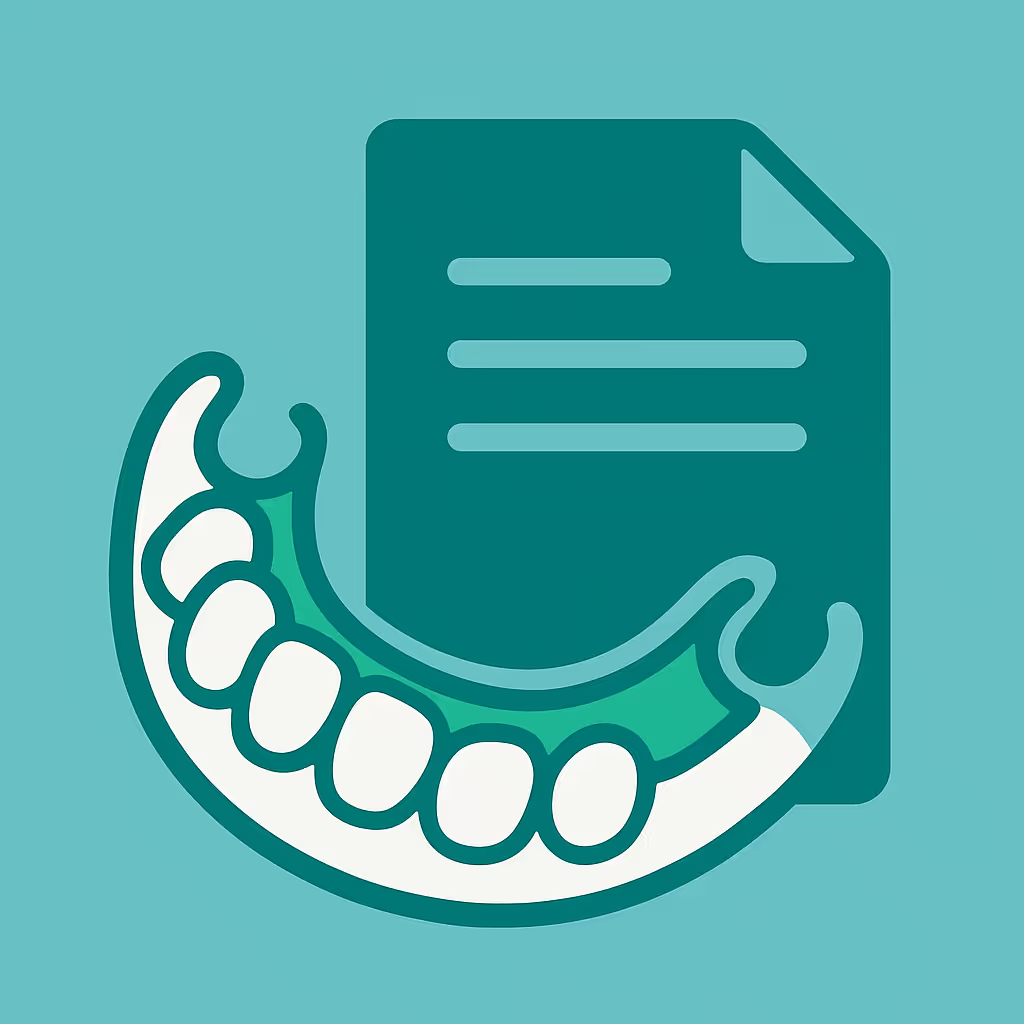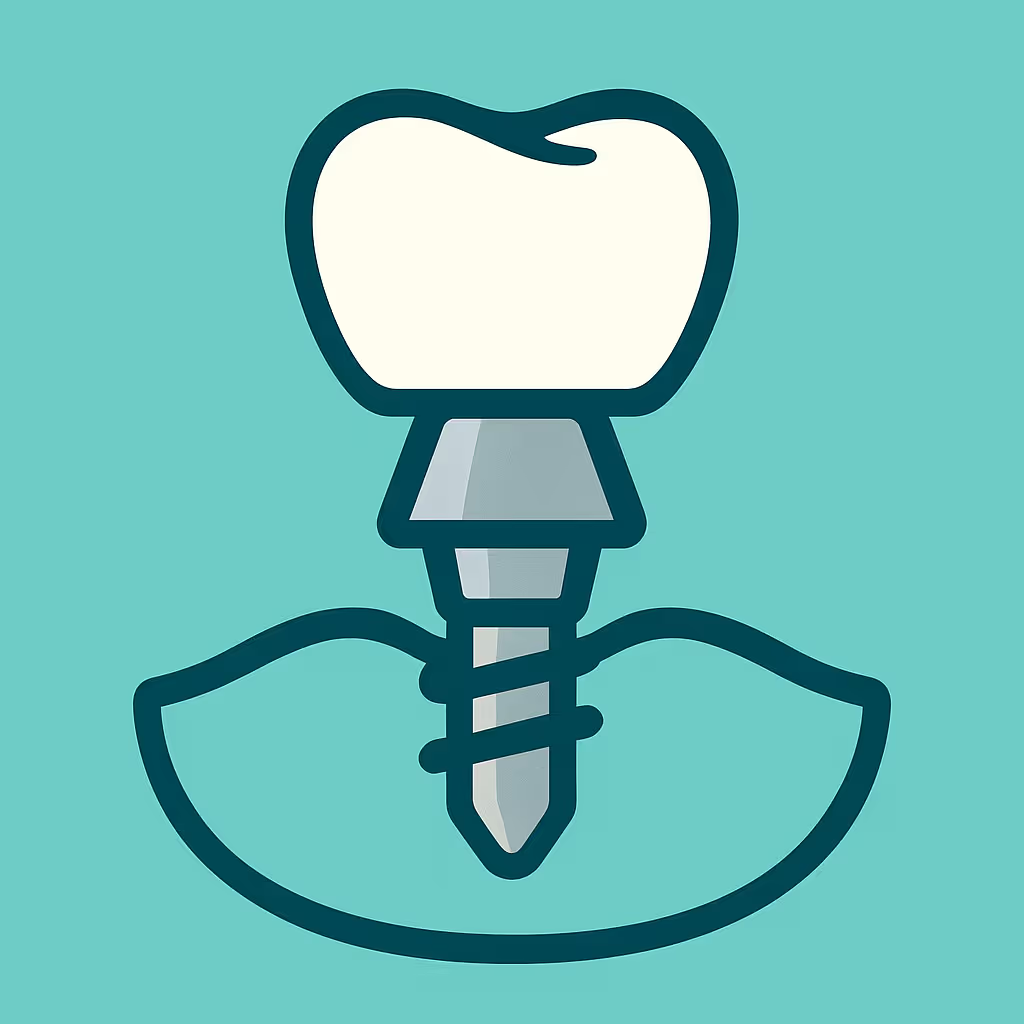Understanding Dental Code D7994
When to Use D7994 dental code
The D7994 dental code is designated for the surgical placement of a zygomatic implant. This CDT code should be used when a patient requires an implant anchored in the zygomatic bone, typically due to severe maxillary bone loss where conventional dental implants are not feasible. Zygomatic implants are longer than standard implants and are often part of complex full-arch rehabilitation cases, such as for patients with atrophic maxilla or following failed traditional implant attempts. Proper code selection ensures accurate claim submission and reimbursement.
Documentation and Clinical Scenarios
Accurate documentation is critical when billing for D7994. Dental teams should include:
- Detailed clinical notes describing the patient’s maxillary bone condition and rationale for choosing a zygomatic implant.
- Pre-operative radiographs or CBCT scans demonstrating insufficient bone for conventional implants.
- Surgical reports outlining the technique, implant length, and position.
- Post-operative notes and follow-up care instructions.
Common clinical scenarios for D7994 include patients with severe bone resorption, failed bone grafts, or prior unsuccessful implant placements. Always ensure that supporting documentation justifies the medical necessity for using a zygomatic implant over other options.
Insurance Billing Tips
Billing D7994 requires a strategic approach to maximize reimbursement and minimize denials. Here are best practices:
- Verify benefits: Before treatment, verify with the patient’s dental and medical insurance whether zygomatic implants are covered. Some plans may classify this as a medical procedure.
- Pre-authorization: Submit a pre-authorization request with comprehensive documentation, including diagnostic images and clinical rationale.
- Use correct CDT code: Always use D7994 for zygomatic implant placement. If other procedures are performed (e.g., bone grafting), use additional codes as appropriate, such as bone graft for implant placement (D7953).
- Appeal denials: If a claim is denied, review the EOB for specific reasons, supplement with additional clinical evidence, and submit a timely appeal. Include letters of medical necessity and supporting literature if needed.
- Track AR: Monitor accounts receivable closely for high-value procedures like zygomatic implants to ensure timely follow-up and payment.
Example Case for D7994
Case: A 62-year-old patient presents with severe maxillary bone loss following multiple failed sinus lifts and implant attempts. After thorough evaluation, the oral surgeon determines that zygomatic implants are the only viable solution for full-arch restoration. The dental team documents the patient’s history, captures CBCT scans, and submits a pre-authorization to the insurance carrier using D7994. The claim includes detailed clinical notes, radiographic evidence, and a letter of medical necessity. Upon approval, the surgical placement is completed, and the claim is submitted with all supporting documentation, resulting in successful reimbursement.
By understanding the nuances of D7994 and following best practices in documentation and billing, dental offices can optimize reimbursement and deliver advanced care to patients with complex needs.





